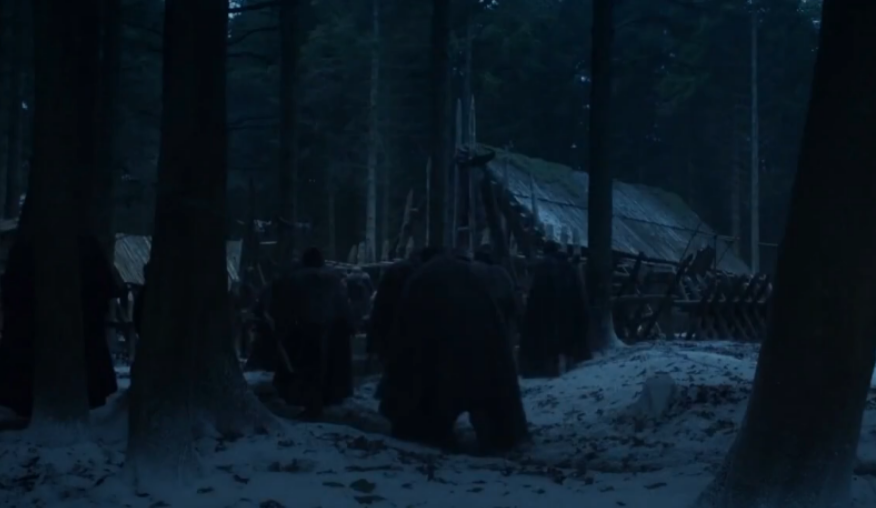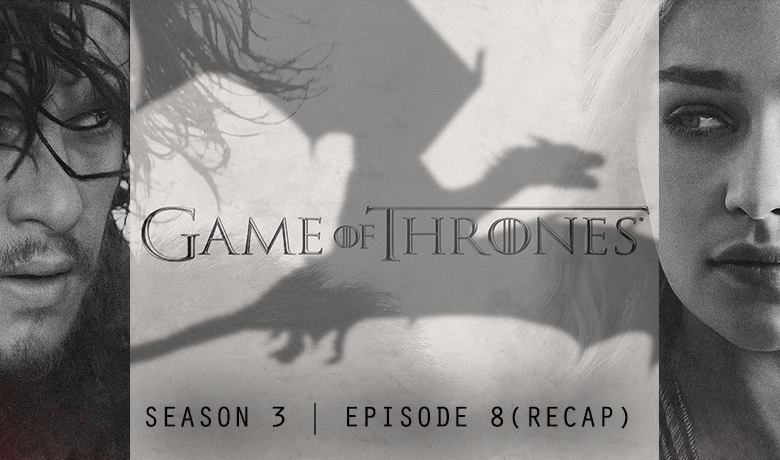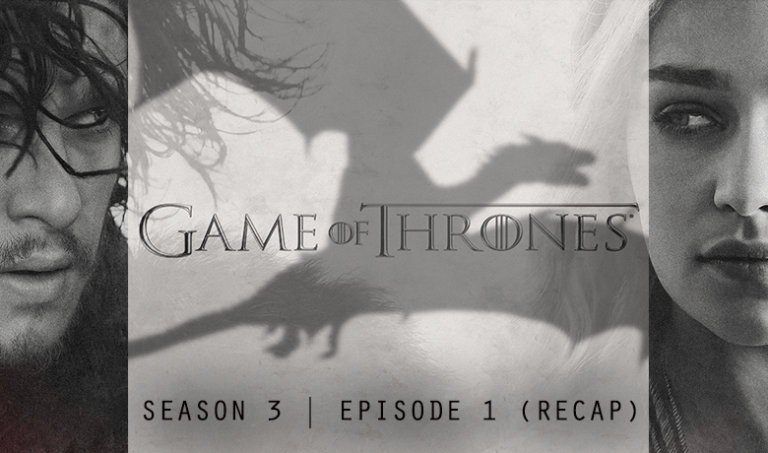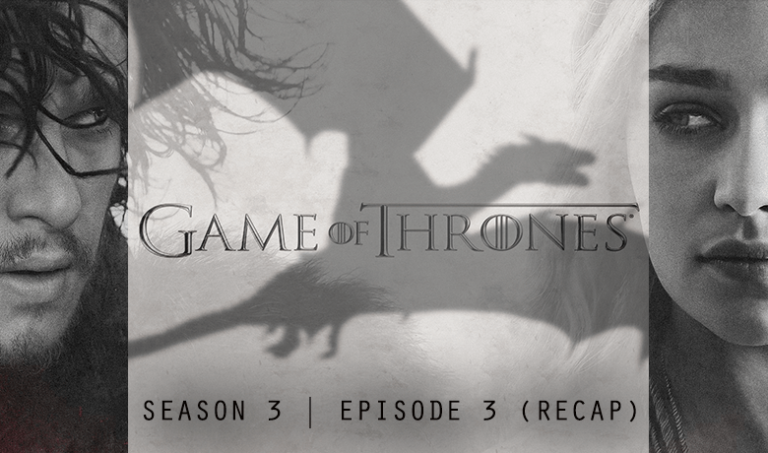Game of Thrones S3E8 Second Sons Recap
In the eighth episode “Second Sons,” the series resumes its relentless exploration of power dynamics, personal struggles, and the ever-evolving chessboard of Westeros. Directed by Michelle MacLaren, this installment offers a captivating blend of tension, unexpected alliances, and pivotal character moments, propelling the narrative toward the climactic events that will define the season.
The episode opens with an impending royal wedding in King’s Landing, as Sansa Stark, portrayed by Sophie Turner, faces the prospect of marrying Tyrion Lannister, played by Peter Dinklage. Turner’s portrayal captures Sansa’s mix of fear and resignation, highlighting the challenges faced by characters thrust into political marriages. Dinklage, as always, delivers a nuanced performance, bringing depth to Tyrion’s internal conflict as he grapples with the moral implications of the union.
Simultaneously, the narrative shifts to Dragonstone, where Stannis Baratheon, portrayed by Stephen Dillane, faces the enigmatic Melisandre, played by Carice van Houten. The ritualistic elements and dark undertones add a sense of foreboding to Stannis’s quest for power. Dillane’s performance effectively conveys Stannis’s internal struggle, torn between duty and the supernatural forces that promise victory.
In Essos, Daenerys Targaryen, portrayed by Emilia Clarke, continues her journey of conquest, facing off against the brutish sellsword captain Daario Naharis, played by Ed Skrein. Clarke’s performance captures Daenerys’s growing confidence and strategic acumen, while Skrein brings charisma to Daario’s roguish character. The dynamics between Daenerys and her advisors, Jorah Mormont and Barristan Selmy, add depth to her storyline, emphasizing the challenges of leadership.

Back in King’s Landing, the introduction of the sellsword company known as the Second Sons injects a new layer of unpredictability. The swaggering leader, Mero, portrayed by Mark Killeen, and the morally ambiguous Daario Naharis add a touch of chaos to the political landscape. The subsequent confrontation between Daenerys and the Second Sons becomes a showcase of strategic maneuvering and the unyielding determination of the Mother of Dragons.
The episode also revisits the tortured Theon Greyjoy, portrayed by Alfie Allen, as he faces the mysterious boy who claims to be his savior. Allen’s performance captures Theon’s physical and psychological torment, further complicating his character’s trajectory. The cryptic nature of Theon’s captors deepens the mystery surrounding his fate, leaving viewers with more questions than answers.
The production values of “Second Sons” maintain the series’ high standards, with meticulous attention to set design, costumes, and visual effects. The varied settings, from the opulent interiors of King’s Landing to the harsh landscapes of Dragonstone, contribute to the immersive quality of the Game of Thrones world. The climactic scene in Astapor, with its fiery conclusion, showcases the series’ ability to deliver visually stunning and emotionally charged moments.
As the episode draws to a close, the narrative threads remain in flux, promising further twists and turns in the episodes to come. The expertly crafted storytelling, coupled with the complex characters and the ever-present tension, ensures that “Second Sons” stands as another compelling chapter in the epic tale of Game of Thrones. With each passing moment, the stakes rise, and the game for the Iron Throne becomes increasingly treacherous, captivating audiences across the globe.







